On November 11, Chairman of Can Tho City People's Committee Truong Canh Tuyen had a working session with principals of universities (public and private) in the area to listen to opinions and support the development of science and technology activities of the City in the coming time.
Notably, Associate Professor Dr. Tran Trung Tinh - Rector of Can Tho University raised the issue with the leaders of Can Tho City People's Committee about ordering research, funding or assigning tasks to the University to carry out large-scale scientific research programs in association with domestic and foreign enterprises to create output for products.
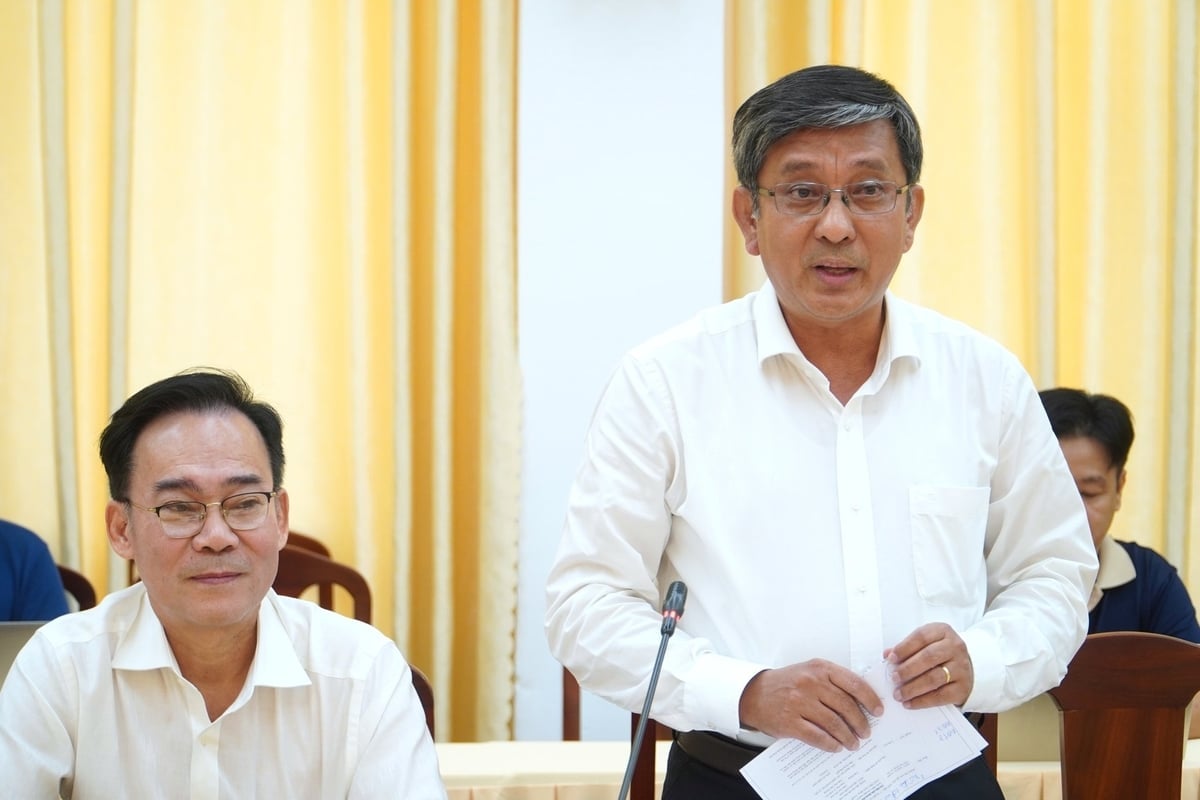
Associate Professor Dr. Tran Trung Tinh - Rector of Can Tho University hopes that Can Tho City will "order" large-scale scientific research programs. Photo: Kim Anh.
According to Principal Tran Trung Tinh, for nearly 10 years, through 2 ODA projects, Can Tho University has cooperated with Japanese experts to research and export Vietnamese eels to the Japanese market, but it is very difficult.
“The eels are raised with the right techniques, processes and nutrition, but the smell is not up to standard. When we brought the eels to Japanese restaurants in Ho Chi Minh City and prepared by Japanese chefs, we randomly invited 20 company directors to taste them for free and score them, but only the smell criterion was scored as failing.”
This issue raises many challenges in the development of science and technology in the agricultural sector. Associate Professor, Dr. Tran Trung Tinh hopes that Can Tho University will propose major programs on science and technology for Can Tho City to create new products with added value to supply to the market, promoting socio- economic development.
In addition, in Decision No. 374/QD-TTg of the Prime Minister approving the Project on developing a system of training centers for excellence and talents in 4.0 technology by 2030, Can Tho University was assigned the task of focusing on training excellence and talents in biotechnology in agriculture.
In addition, the Ministry of Education and Training also issued a number of decisions to invest in and upgrade laboratories and training centers for strong research groups in the agricultural sector with a total capital of about 190 billion VND.
According to Associate Professor Dr. Tran Trung Tinh, the above resources will create very good conditions for scientific and technological activities of scientists at Can Tho University and the entire Mekong Delta region.
Chairman of Can Tho City People's Committee Truong Canh Tuyen acknowledged that in recent times, universities in the area have paid great attention to and registered scientific research topics and tasks. Many of these topics and tasks have had very positive effects on the socio-economic development of the City. Some schools have implemented many ODA projects, technical support, and skills training to help farmers access new production methods.
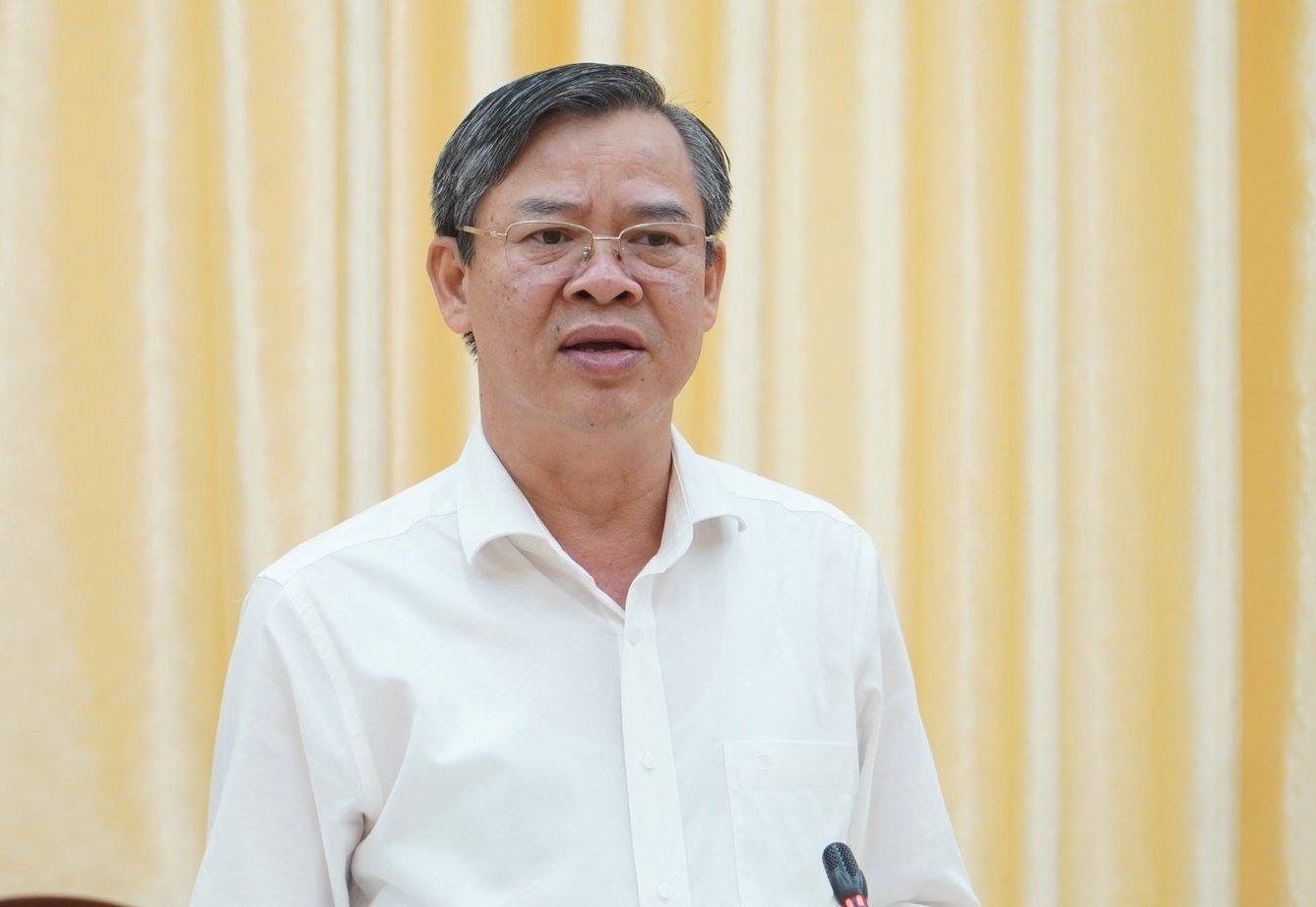
Chairman of Can Tho City People's Committee Truong Canh Tuyen informed about the establishment of a science and technology development fund. Photo: Kim Anh.
Mr. Tuyen proposed that the Department of Science and Technology of Can Tho soon establish a science and technology development fund. In the immediate future, the People's Council of Can Tho City agreed to allocate 200 billion VND to the fund as initial charter capital and continue to expand, creating resources to promote research, application of science and technology, and innovation in the area.
On this occasion, the Chairman of the People's Committee of Can Tho City said that the City will ask for the opinion of the City Party Committee on establishing an advisory board for the City's leaders. At the same time, scientists from all fields will be invited to participate in the advisory board to support the City's leaders in proposing resolutions as well as in the process of implementing projects with the goal of promoting the development of Can Tho City in the coming time.
Currently, Can Tho City has 8 schools, branches and training facilities of universities. Of which, there are 4 public schools and 4 private schools. Every year, the higher education facilities in the area enroll nearly 30,000 students, serving the human resource training needs of the entire Mekong Delta region.
Source: https://nongnghiepmoitruong.vn/can-tho-se-som-thanh-lap-quy-phat-trien-khoa-hoc-cong-nghe-d783719.html



![[Photo] Highways passing through Dong Nai](https://vphoto.vietnam.vn/thumb/1200x675/vietnam/resource/IMAGE/2025/11/12/1762940149627_ndo_br_1-resize-5756-jpg.webp)









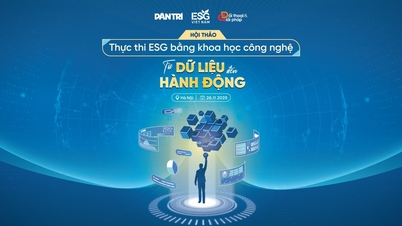





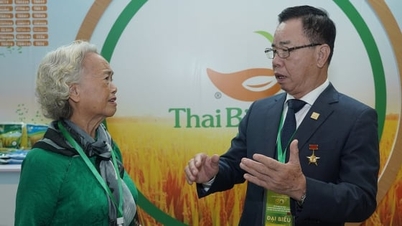
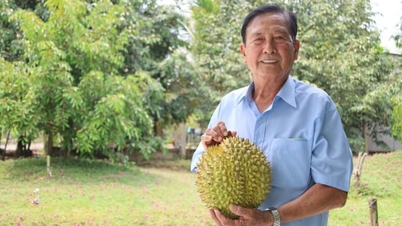
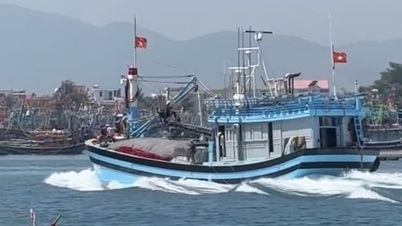
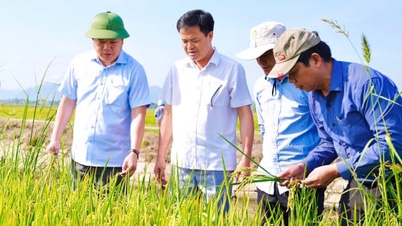
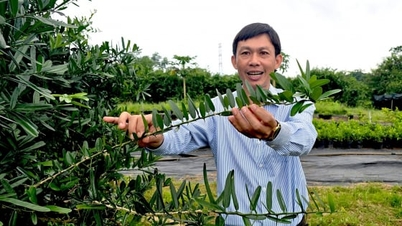
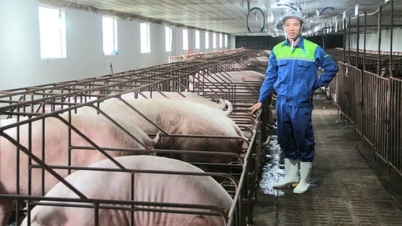




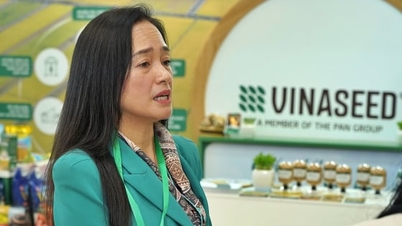
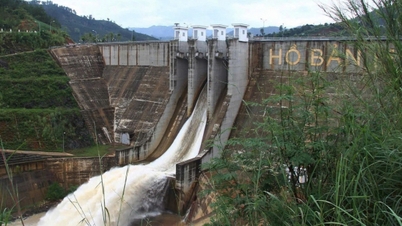



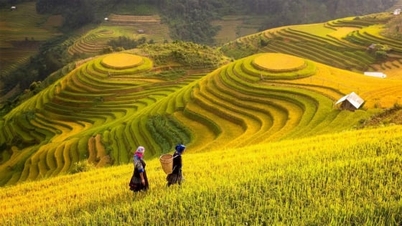
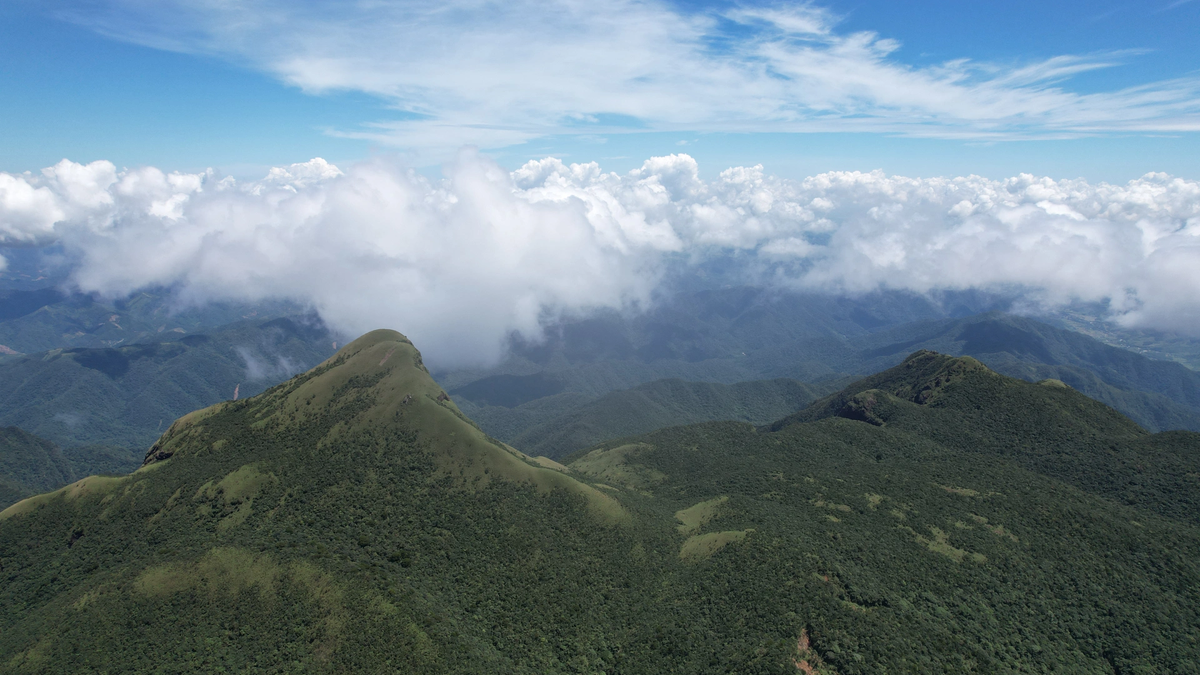








































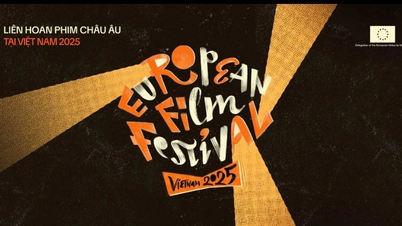
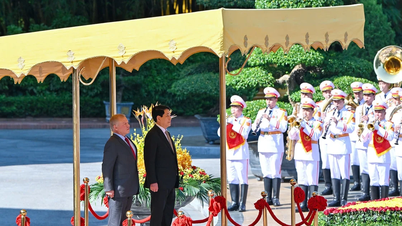




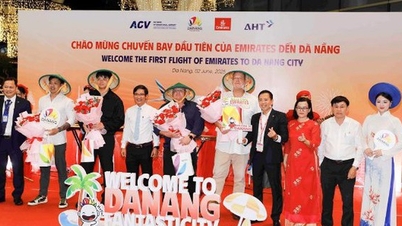





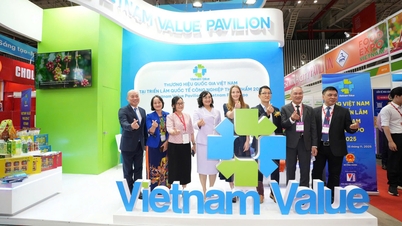




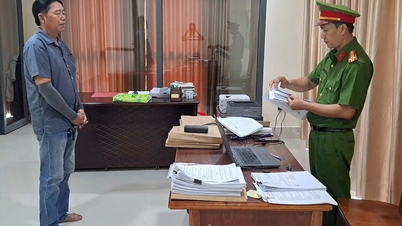

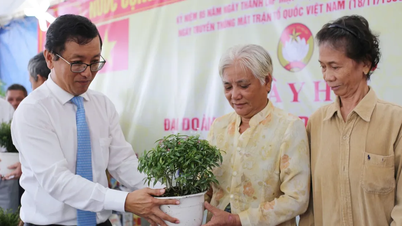
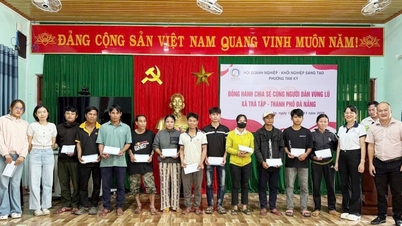
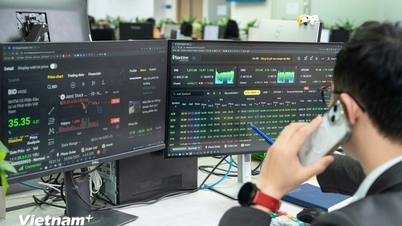








![Dong Nai OCOP transition: [Article 3] Linking tourism with OCOP product consumption](https://vphoto.vietnam.vn/thumb/402x226/vietnam/resource/IMAGE/2025/11/10/1762739199309_1324-2740-7_n-162543_981.jpeg)







Comment (0)